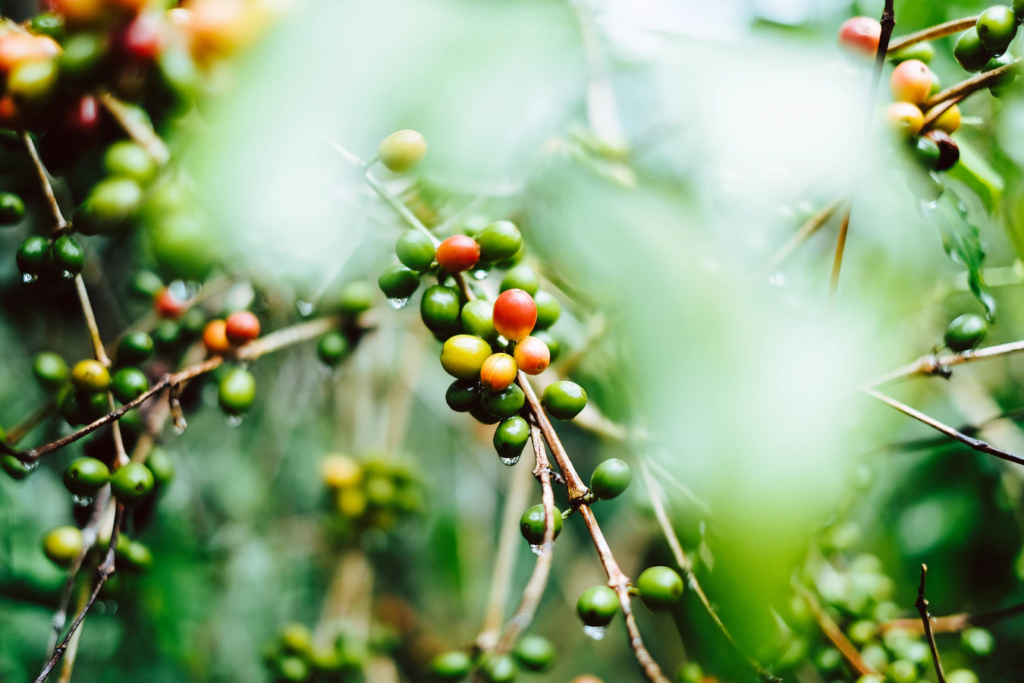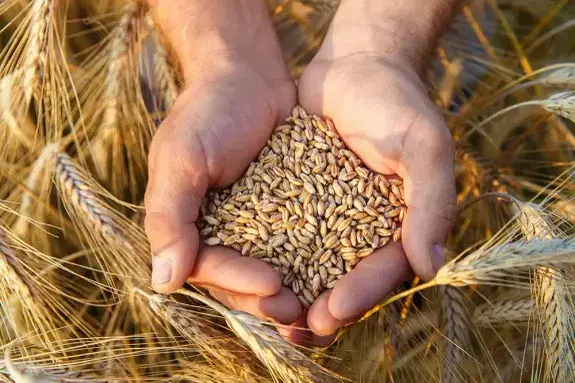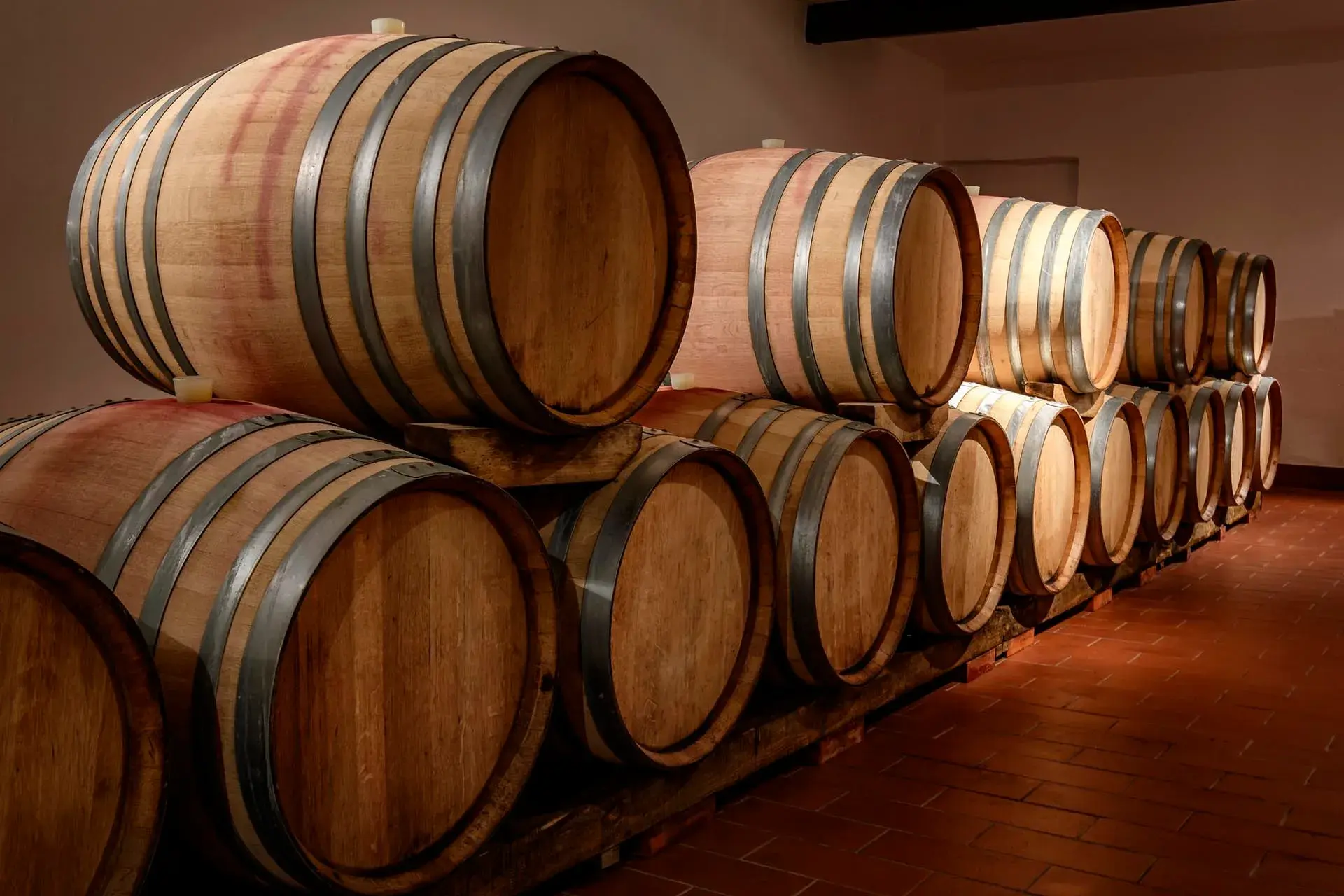In the beverage industry, ethanol can take on numerous appearances: from rich, flavourful bourbon to light, fresh rum, the industry has developed liquors for any taste bud. Next to various aromatic additives and ageing, the ethanol origin plays a big role in the taste profile of liquor; from grains such as corn and wheat to fruits, sugarcane, and botanicals, each raw material gives spirits their unique and recognisable flavour. Find out more about the various raw materials ethanol is made of and in which spirits they are used below!
But first: a short definition of liquor
Liquor, also known as distilled spirits or hard liquor, refers to any alcoholic beverage that has been distilled to a high proof level. The ethanol used in liquor can come from a variety of sources, including (but not limited to) grains, sugarcane, fruits, or vegetables, and the specific type of ethanol used can greatly impact the flavour and aroma profile of the final product. Some popular types of liquor include vodka, gin, rum, tequila, whiskey, and brandy.
A grainy business
Ethanol distilled from grain is one of the most common bases for some of the most beloved liquors. Grain alcohol groups together popular raw materials such as corn, rye, wheat, and barley, which all act as a neutral base to vodka and aged spirits like whiskey, bourbon, and jenever. In cases such as whiskey and bourbon, malted grain is used to create flavour variations that differ per country and even distillery.
Fruity origins
Another highly used raw material is any type of fruit, for example, grapes, apples and pears. Some liquors, such as cognac and calvados, are specifically made from the fruits of one geographic region. Other known spirits using fruit ethanol are brandy, pisco, and grappa. Some of them are additionally aged in barrels in order to give them a richer flavour profile.
Cane creations
Sugarcane or molasses ethanol is famously used in rum, a liquor that originates from the Caribbean and is known for its distinctive flavours and variety of styles, which can vary based on factors like the type of sugarcane used, the fermentation process, and the ageing techniques. However, next to using sugarcane byproducts, the actual juice of sugarcane is used in cachaça, a Brazilian distilled spirit that is similar to rum but has its own distinct characteristics and is an essential ingredient in cocktails like the Caipirinha.
Rice to the occasion
Common in the Japanese liquor market, ethanol distilled from rice forms the base of distilled spirits like sake and shochu. While the ethanol used in shochu is derived from the fermentation of the base ingredient and is distilled to a high proof level to create a clear and potent spirit, sake is distilled to a lower alcohol level to retain the natural flavours and aromas of the rice. Equally different are their serving methods: shochu is usually served neat or on the rocks, and sake at room temperature or slightly warmed.
Agave allure
As a plant originating in the Americas, it is no surprise that agave ethanol is used for popular Mexican and Caribbean drinks, namely tequila and mezcal. Even though both spirits use agave as their base, the production process is different: Mezcal is made from the piña, or heart, of the agave plant, which is roasted before being fermented and distilled, while tequila is traditionally made from the agave juice. Both liquors can be aged in oak barrels to create more complex flavour profiles.
Whipping up spirits
Last but not least, many liquor types make use of other spirits - or neutral alcohol - mixed with botanicals such as herbs, spices, and fruit peels to create intense flavour combinations. Gin, Aperol, and Absinthe, for example, have neutral grain alcohol as a base, with herbs such as coriander, anise, and fennel providing the top flavour notes. Creamier drinks like cream and egg liqueur use dairy and animal products like cream and egg yolk to create a unique texture and mouthfeel.
The most diverse drinking experience with ethanol
The type of ethanol used in a particular spirit can greatly impact its flavour and aroma profile. Various distillation methods, additional processing of botanicals, ageing in barrels, and serving style also play a big role in the taste depth and drinking experience. Understanding the different types of ethanol used in each spirit can help you appreciate the unique characteristics of each and select the perfect spirit for any product.












Leave a comment